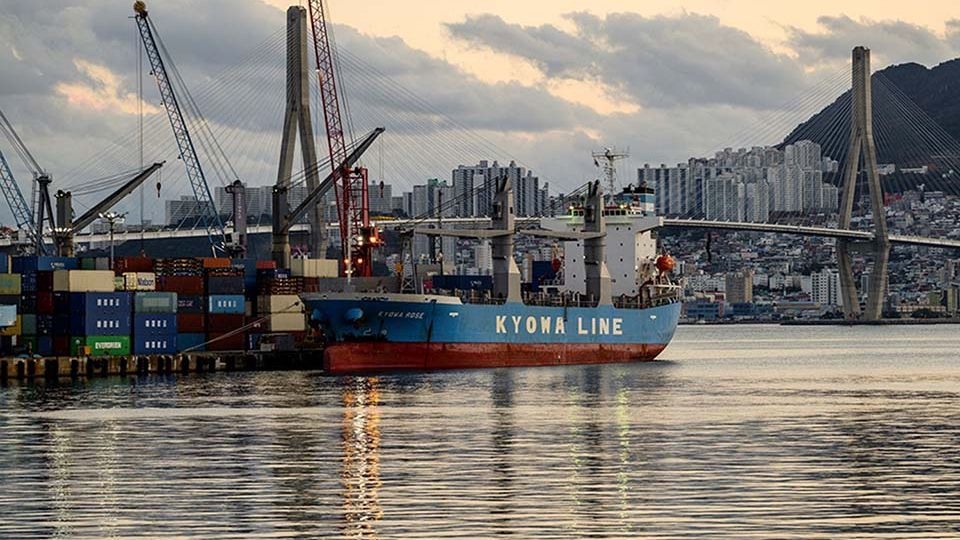July 17, 2025
SEOUL – President Lee Jae Myung presided over a general meeting of the National Security Council on July 10, three weeks before the US is scheduled to impose tariffs.
People expected the meeting to deal mostly with the issue of negotiations with the US over its tariffs.
But officials related to trade were absent from the meeting.
During the meeting, Lee called for efforts to mend inter-Korean ties. He was also reportedly briefed by the Ministry of National Defense on security issues, including an early transition of wartime operational control.
Reportedly, US tariffs, an issue at hand, were barely discussed.
A Federation of Korean Industries survey released on July 11 found that 9 out of 10 Korean export companies said they could not cope with US tariffs if they go over 15 percent.
The “reciprocal” tariff that US President Donald Trump vowed to levy on South Korea is 25 percent.
The South Korean economy, buttressed by exports, could be in jeopardy if hit by high US tariffs.
Companies and people feel uneasy, and yet it is unclear how tariff negotiations with the US are progressing.
The South Korean trade minister met with the US Commerce Secretary twice in the US before returning home, but no agreement reportedly came out of the meetings.
The national security adviser went to the US, too, arousing expectations for a package deal involving tariffs and security, but he came back without accomplishments to speak of.
Meanwhile, an early transition of wartime operational control, not tariffs, attracted media attention at home.
The government should focus on tariff negotiations at this time. Wartime operational control transition and inter-Korean ties seem out of step with the situation.
Korea must consider its security reality: it lacks the ability to deter North Korea’s nuclear attacks independently.
An early takeover of wartime operational control from the US, if materialized, would have severe aftereffects as it is directly linked to US Forces Korea’s readjustment and reduction.
Seoul must not rush a decision on the issue but examine it prudently from various angles. It would be a foolish choice to first request that the US hand over wartime operational control.
Korea’s leading industries, including semiconductors, cars and steel, are sitting on the edge of a precipice due to the ticking US tariff bomb.
The government in Seoul must concentrate on tariff negotiations to make a deal.
Korea could consider increasing its defense budget and its share of USFK stationing costs as leverage in tariff negotiations.
The trade minister fronts Korea’s tariff negotiation team, but despite his title, he is only a vice-ministerial official under the Ministry of Trade, Industry and Energy. Tariffs that Trump vows to impose are an issue that could upset both Korea’s economy and security. This is too grave a matter for a vice-ministerial official such as the trade minister to deal with.
A summit is desirable to solve tariff issues, but no answer has come yet from the US. The national security adviser visited the US but there has been no talk of a summit.
Less than three weeks remain until Aug. 1, when US tariffs will take effect. Yet signs of a forthcoming agreement are nowhere to be seen.
To guard national interests in negotiations with the US, Korea must figure out Trump’s intentions and let him know Seoul’s positions properly.
Sending a special envoy to the US could be one way of doing so.
The envoy should not necessarily meet with the US president face-to-face. He or she should be able to contact a figure who understands Trump’s mind and who can put Korea’s demands across to him.
As a special envoy, Korea needs an old hand at diplomacy toward the US who has a lot of personal connections and information.
Some special envoy candidates reportedly under consideration seem to have no close ties with Trump and his surrounding people. Those who have remarked negatively about the US should be excluded.
Lee must tap a wide pool of talent, including politicians, business people, former and current bureaucrats, overseas Koreans, scholars and so on.
A suitable special envoy must be found before it’s too late.


